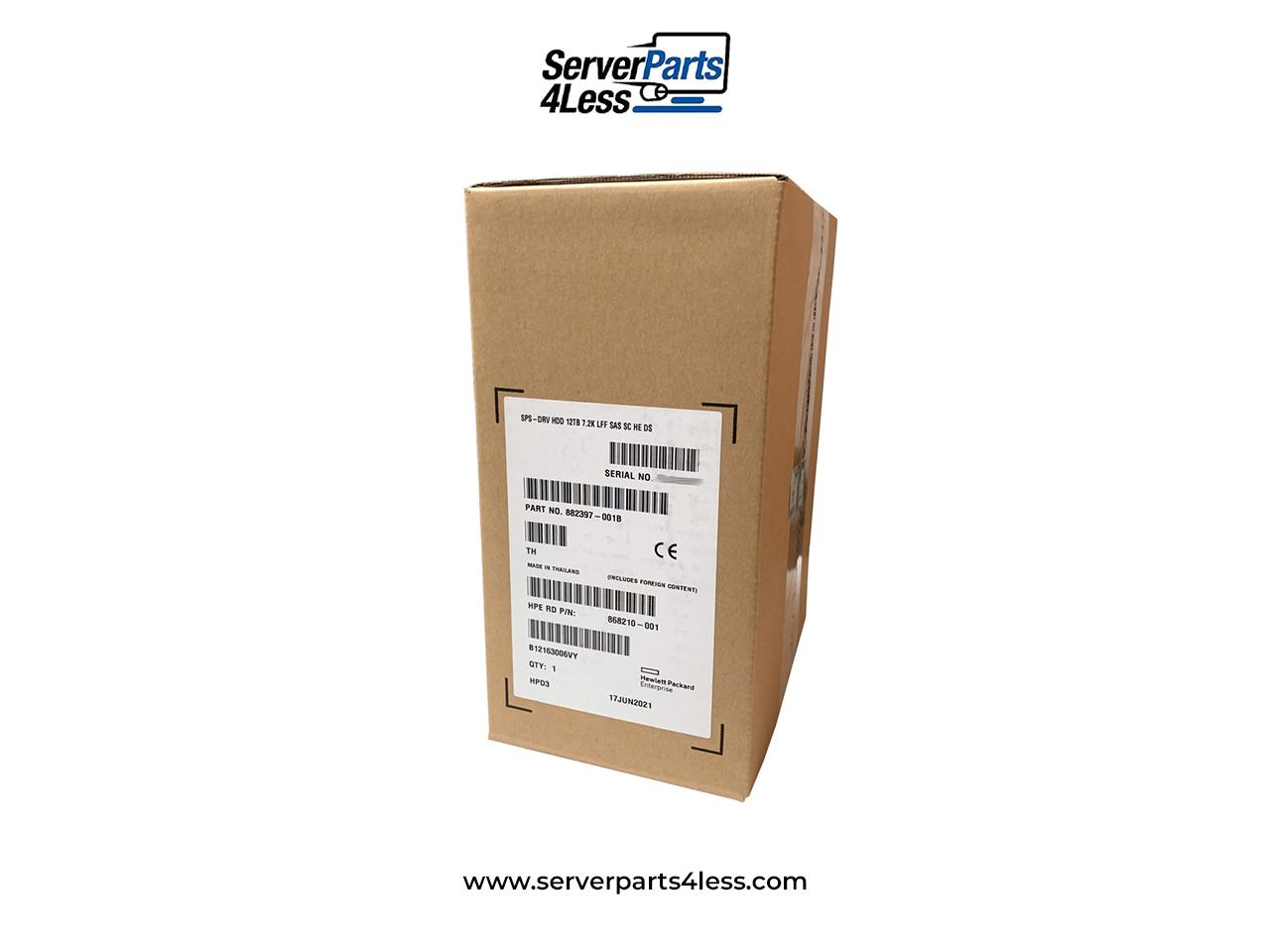Are you looking to master the art of food budgeting? Dive into the world of managing your culinary costs wisely with our comprehensive guide. From savvy shopping tips to meal planning strategies, we’ve got you covered. Let’s uncover the secrets to satisfying your taste buds without emptying your wallet. Welcome to the ultimate food budgeting Wikipedia – where delicious meets frugal!
Table of Contents
- Exploring the Basics of Food Budgeting
- Maximizing Savings and Efficiency in Your Grocery Shopping
- Strategic Meal Planning to Stretch Your Food Budget
- Smart Tips for Eating Well on a Budget
- Q&A
- In Conclusion


Exploring the Basics of Food Budgeting
In the realm of food budgeting, mastering the art of prioritizing essential items is key. By identifying your staple foods, such as grains, proteins, and produce, you can strategically allocate your budget to ensure a balanced and nourishing diet. Exploring local markets and discount stores can unearth hidden gems and cost-effective alternatives that elevate your meals without breaking the bank.
Embracing meal planning as a core strategy can revolutionize your budgeting game. Create weekly menus based on seasonal ingredients and sales to optimize savings and minimize waste. Additionally, whip up large batches of versatile dishes like soups, stews, or casseroles to stretch your budget further across multiple meals. By incorporating these practical approaches into your food budgeting routine, you can savor delicious dishes while keeping your wallet happy.
table.wp-block-table {width: 100%;
border-collapse: collapse;
}
table.wp-block-table td, table.wp-block-table th {
border: 1px solid #cccccc;
padding: 8px;
}
| Category | Percentage of Budget |
|---|---|
| Proteins | 25% |
| Fruits and Vegetables | 20% |
| Grains | 15% |
| Dairy | 10% |
| Snacks | 10% |
| Others | 20% |


Maximizing Savings and Efficiency in Your Grocery Shopping
In your quest to stretch your food budget further, incorporating smart strategies can make a significant impact on your savings. One effective way to optimize your grocery shopping experience is by planning your meals ahead of time. Creating a weekly meal plan can help you make a precise shopping list, avoiding impulse purchases and reducing food waste.
Additionally, keeping an eye out for discounts, promotions, and coupons can translate into substantial savings over time. Utilizing loyalty programs offered by supermarkets can also lead to exclusive discounts and rewards, further enhancing your cost-effectiveness. By staying organized and mindful of your spending habits, you can transform your grocery shopping routine into a money-saving endeavor while still enjoying delicious and nutritious meals.
| Category | Average Savings (%) |
|---|---|
| Groceries | 15% |
| Household Items | 10% |
| Personal Care | 20% |


Strategic Meal Planning to Stretch Your Food Budget
When it comes to making the most out of your food budget, strategic meal planning can be a game-changer. By carefully organizing your meals for the week, you can stretch your ingredients further and reduce food waste. One effective strategy is to create a weekly meal plan based on what you already have in your pantry and fridge, then fill in the missing items to complete your recipes.
Here are some tips for strategic meal planning to help you maximize your food budget:
- Create a weekly meal plan: Sit down and plan out your meals for the week, considering what ingredients you already have and what you need to buy.
- Make a shopping list: Based on your meal plan, make a detailed shopping list to avoid unnecessary purchases and stick to your budget.
- Cook in batches: Prepare larger quantities of meals that can be easily frozen and reheated for quick and convenient dinners.
- Utilize versatile ingredients: Choose ingredients that can be used in multiple recipes to minimize waste and save money.
- Plan for leftovers: Cook extra portions to have ready-made lunches or dinners for the next day, reducing the need for expensive takeout meals.
| Day | Breakfast | Lunch | Dinner |
|---|---|---|---|
| Monday | Oatmeal | Chicken Salad Wrap | Spaghetti Bolognese |
| Tuesday | Yogurt Parfait | Quinoa Salad | Stir-Fry Vegetables |
| Wednesday | Smoothie | Avocado Toast | Baked Chicken |
| Thursday | Scrambled Eggs | Lentil Soup | Tacos |
| Friday | Pancakes | Caesar Salad | Pizza |
Another great way to eat well on a budget is to buy in bulk. Purchasing items like grains, legumes, and frozen fruits and vegetables in larger quantities can often lead to significant savings. Additionally, consider shopping for seasonal produce at local farmers’ markets or stores, where you can find fresh and affordable options. By being mindful of your purchases and making smart choices, you can maintain a healthy diet without overspending.
| Meal Planning | Avoids impulsive spending |
| Buying in Bulk | Saves money per unit |
| Seasonal Produce | Cost-effective and fresh |
Q&A
Q: What is a food budget, and why is it important?
A: A food budget is a financial plan that outlines how much money you allocate towards purchasing food. It’s crucial because it helps you manage your expenses effectively and make informed decisions about your food purchases.
Q: How can I create a realistic food budget?
A: To create a realistic food budget, start by tracking your current spending on food, setting clear financial goals, and being mindful of your eating habits. Consider factors like meal planning, grocery shopping strategies, and avoiding impulse purchases.
Q: Are there any tips for saving money on food without compromising on quality?
A: Yes, you can save money on food by buying in bulk, opting for seasonal produce, utilizing coupons and discounts, cooking at home more often, and exploring affordable yet nutritious ingredients. Additionally, learning basic cooking skills can help you make delicious meals at a lower cost.
Q: What are the potential benefits of sticking to a food budget?
A: Sticking to a food budget can lead to financial savings, reduced food wastage, healthier eating habits, increased awareness of your spending patterns, and a sense of empowerment and control over your finances. It can also encourage you to be more creative in the kitchen and explore new recipes.
Q: How can I stay on track with my food budget over the long term?
A: To stay on track with your food budget, regularly review and adjust your budget as needed, stay organized with your meal planning and grocery lists, practice mindful eating to avoid overspending, and seek support from friends or online communities for accountability and motivation. Remember, it’s about progress, not perfection.
In Conclusion
In the vast landscape of culinary exploration, mastering the art of balancing flavor and finances is a skill worth honing. As we journey through the realm of food budgets, let us remember that delicious meals need not come at a high cost. By arming ourselves with knowledge, creativity, and a dash of resourcefulness, we can savor every bite while staying within our budgetary boundaries. So, whether you’re a seasoned chef or a novice in the kitchen, may your meals be both satisfying to the palate and gentle on the pocket. Here’s to enjoying the magic of food without breaking the bank.




0 Comments